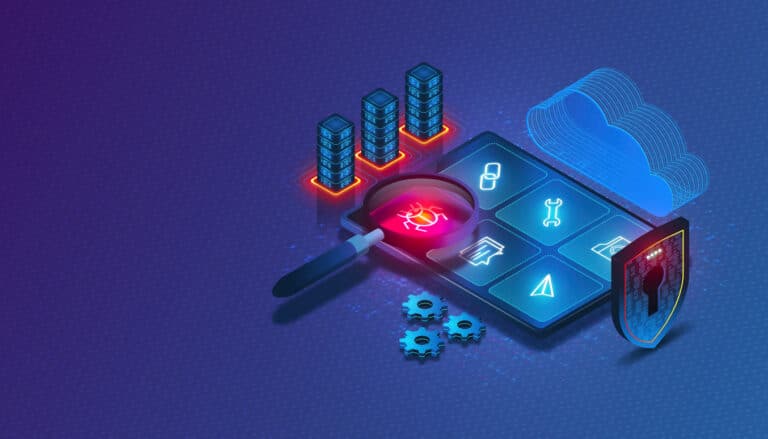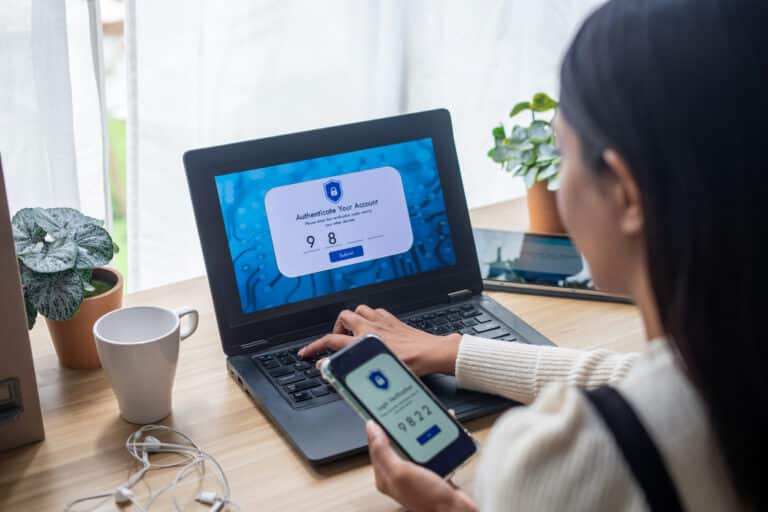In today’s evolving threat landscape, a reactive approach to cybersecurity simply isn’t good enough. Businesses need a proactive risk management strategy that identifies and addresses cyber security risks before they can be exploited by attackers. This is where a Virtual Chief Information Security Officer (vCISO) can be your strongest asset.
A vCISO as Your Risk Management Partner
A vCISO doesn’t just review your environment and point out problems. A vCISO works collaboratively with your internal IT team, external vendors, and key stakeholders to build a comprehensive proactive risk management framework. This framework focuses on three key areas:
Identification
The first step is the identification of all potential security threats across your entire IT infrastructure. This includes everything from software vulnerabilities and misconfigurations to physical security gaps and employee training deficiencies.
Evaluation
Once threats are identified, each threat is evaluated based on its likelihood of occurring and the potential impact it could have on your business. This prioritization ensures the most critical risks receive attention first.
Prioritization and Mitigation
With a clear understanding of the risks, a prioritized action plan for mitigation is developed. This plan might involve patching software vulnerabilities, implementing stricter access controls, or conducting employee security awareness training.
The Power of Collaboration

Effective risk management isn’t a solo act. A key benefit of a vCISO is the ability to foster collaboration between various teams:
IT Teams
A vCISO works alongside your internal IT team to translate identified risks into actionable remediation plans.
External Vendors
Many businesses rely on third-party vendors for critical services. The security posture of your vendors must be assessed to ensure they meet your organization’s security standards.
Stakeholders
Keeping your leadership and stakeholders informed about cybersecurity risks is crucial. A vCISO provides clear, concise reports that translate technical jargon into business-level insights, enabling informed decision-making.
The Benefits of Proactive Risk Management
By taking a proactive approach to risk management, you gain several key advantages:
Reduced Cost
It’s far more cost effective to address a vulnerability before it’s exploited than dealing with the aftermath of a cyberattack. Proactive measures can save your business significant financial losses.
Enhanced Reputation
A data breach can severely damage your company’s reputation. By demonstrating a commitment to proactive security, you build trust with your customers and partners.
Improved Business Continuity
Cyberattacks can disrupt your operations and lead to lost productivity. A strong risk management framework helps ensure your business can continue to function even in the event of an attack.
Use a vCISO as your guide
By partnering with a vCISO, you gain a seasoned cybersecurity expert who can act as a guide to help you navigate the complex world of risk management. Together, we can build a proactive and holistic security program that safeguards your organization’s data and assets from ever-evolving cyber threats.
Ready to take control of your cybersecurity risk?
Contact me today for a free consultation!



